In survival situations, wrong information can be extremely dangerous, and even certain tips you see paraded around as useful could actually put you at risk. In this article, we share some of these survival tips to be careful about when in the most dire situations.
Using Moss to Navigate
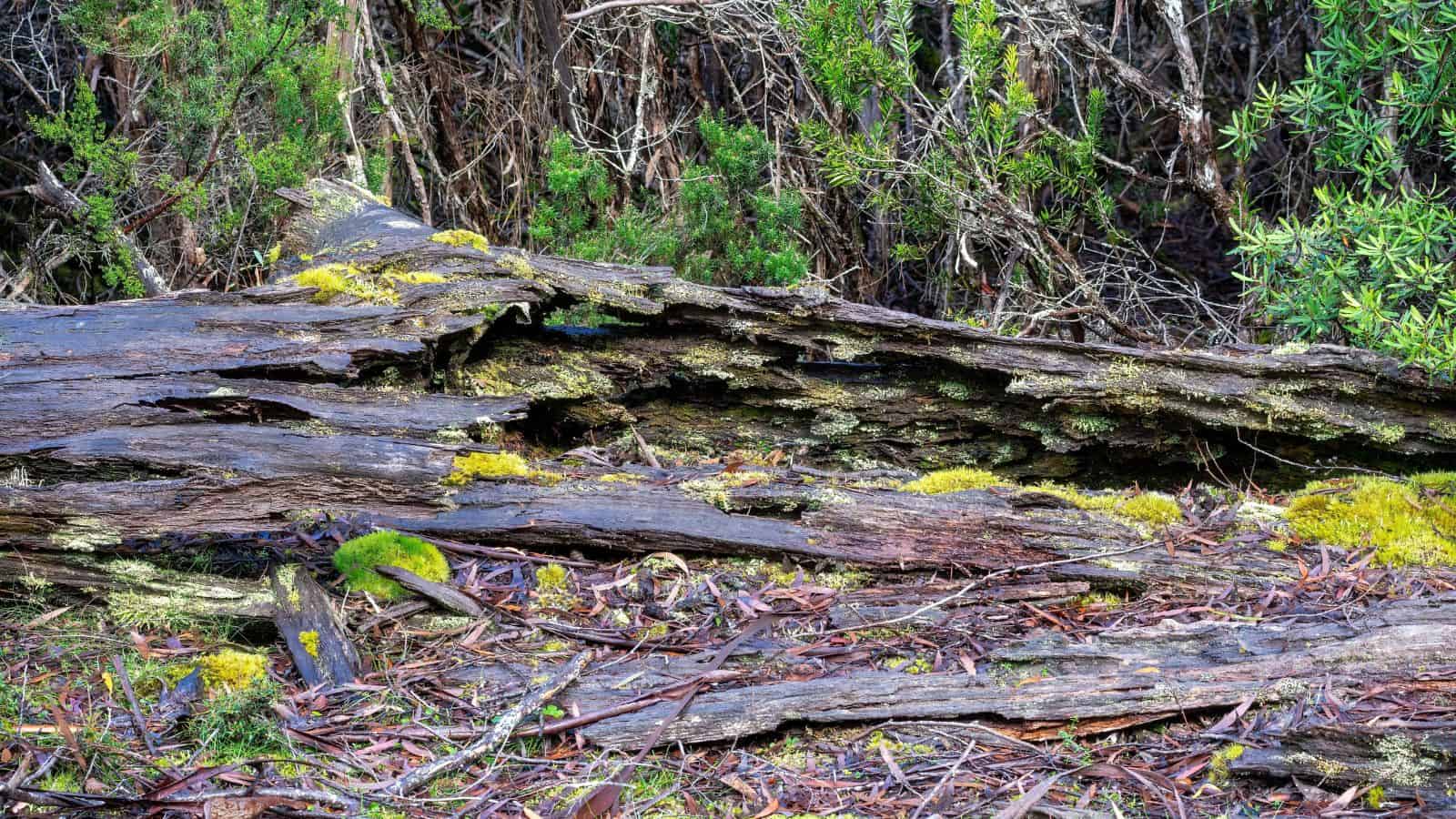
Thinking moss only grows on the north side of trees can mislead you. Reconnect with Nature writes, “Although it is most likely to grow on the north side of trees, rocks and other surfaces, it doesn’t grow there exclusively.” In reality, moss thrives wherever there’s moisture, so thinking this tip is unhelpful.
Eating Snow for Hydration
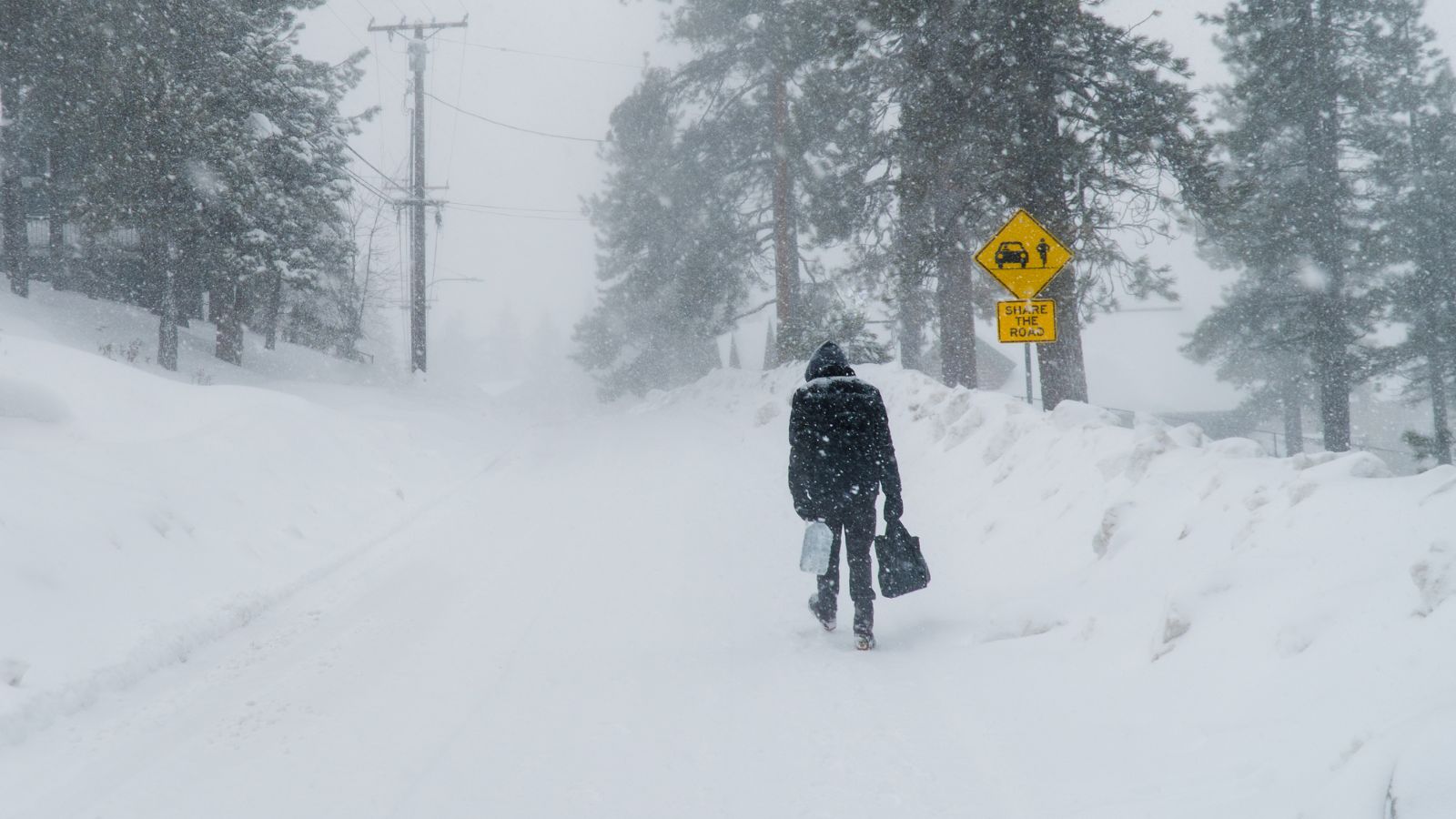
Even though eating snow might seem like a good idea for staying hydrated, it can actually cool your body down too much and cause hypothermia. It’s important to melt the snow first before drinking it. The cold from the snow can be more dangerous than the water it gives you.
Drinking Urine in a Desert
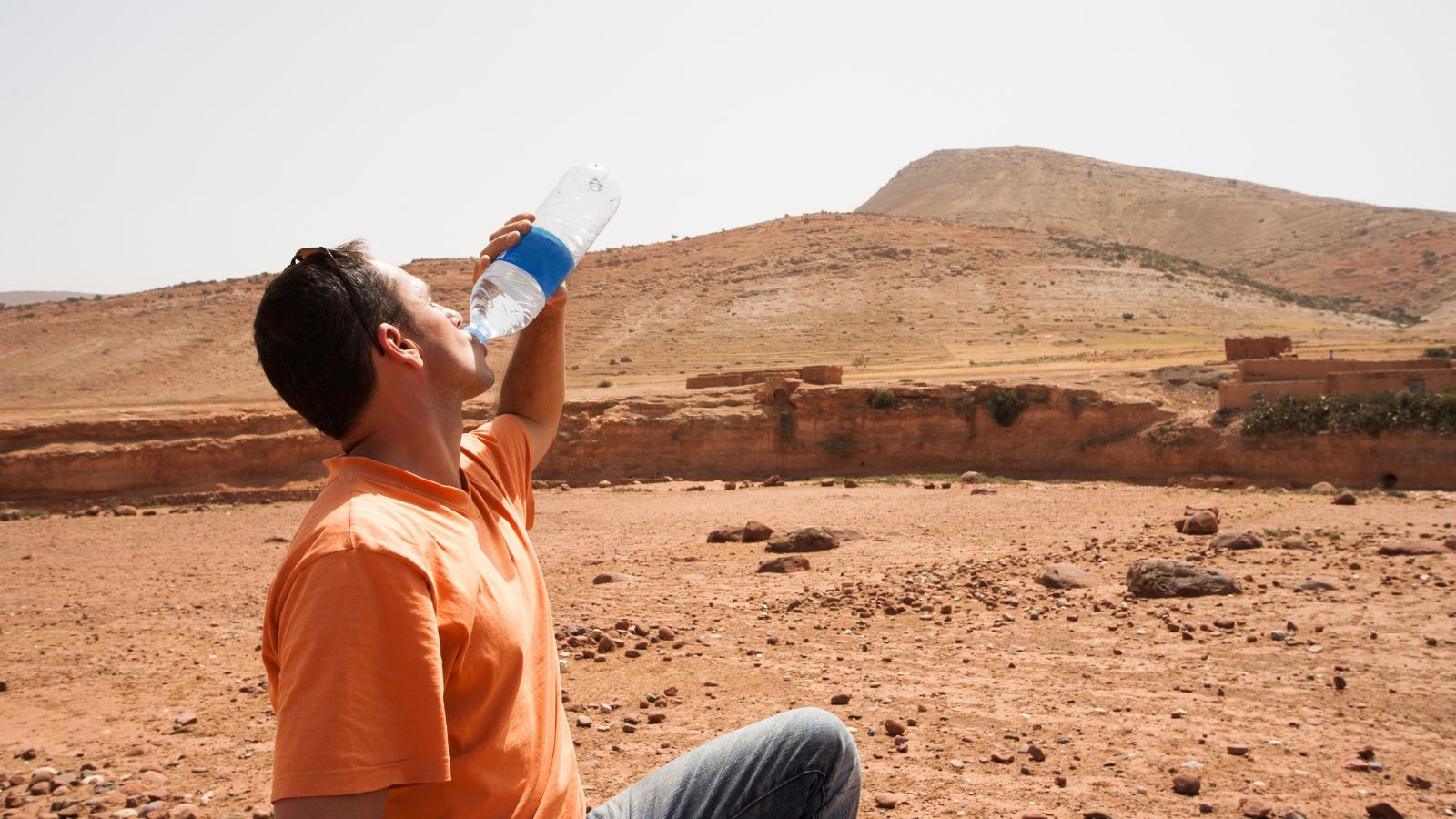
In tough situations, you might think about drinking urine for hydration, but it actually has waste that can make you more dehydrated. It’s smarter to look for other water sources instead. Drinking urine can worsen dehydration and harm your kidneys, so always seek better options for staying hydrated.
Playing Dead for Bear Attacks
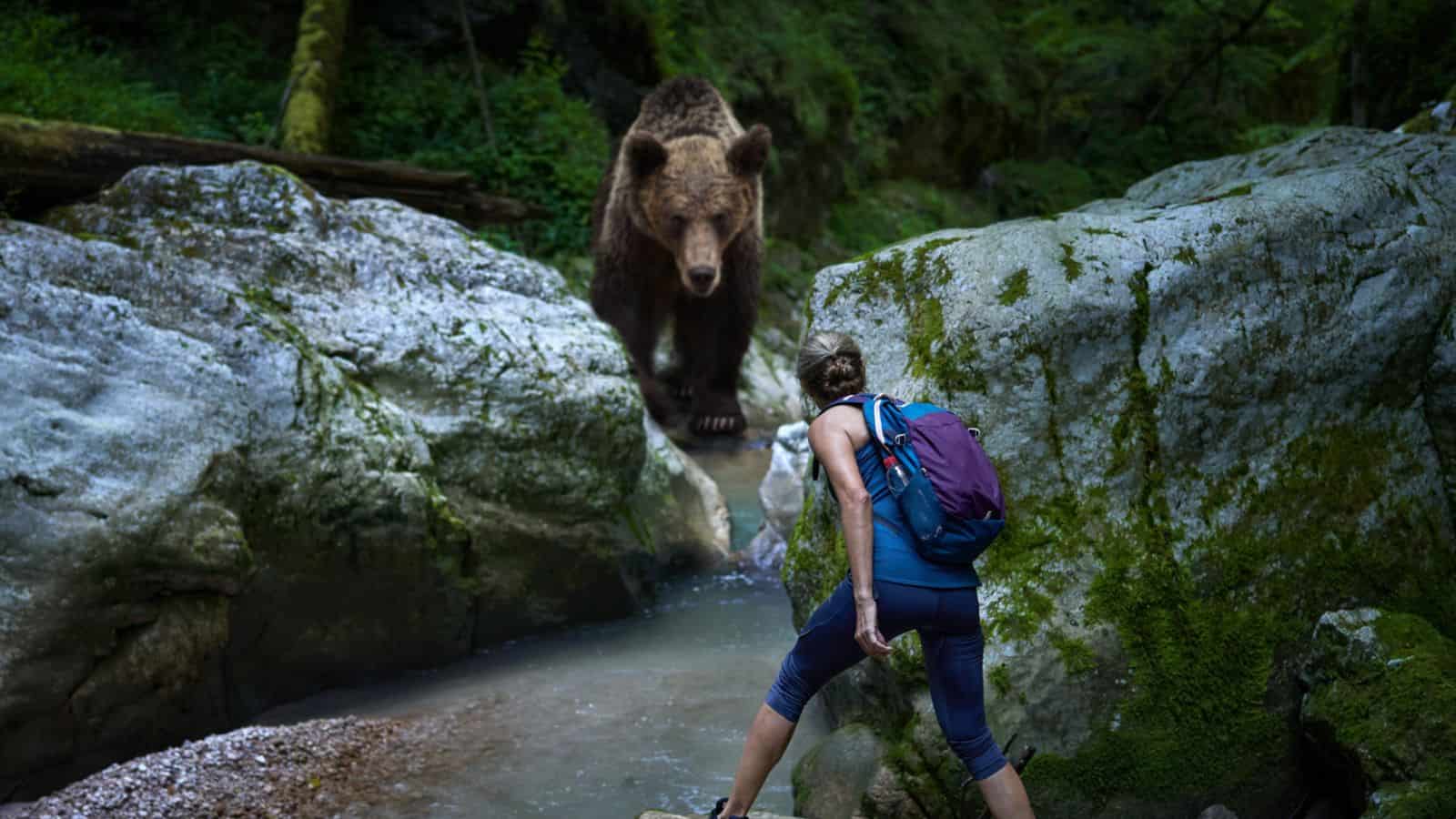
Most of us have heard that playing dead can help with grizzly bears, but it’s risky advice for black bears. They might see it as a chance to attack, which means you should do the opposite and try to make yourself look bigger and make loud noises.
Swimming Parallel to Shore in Rip Currents
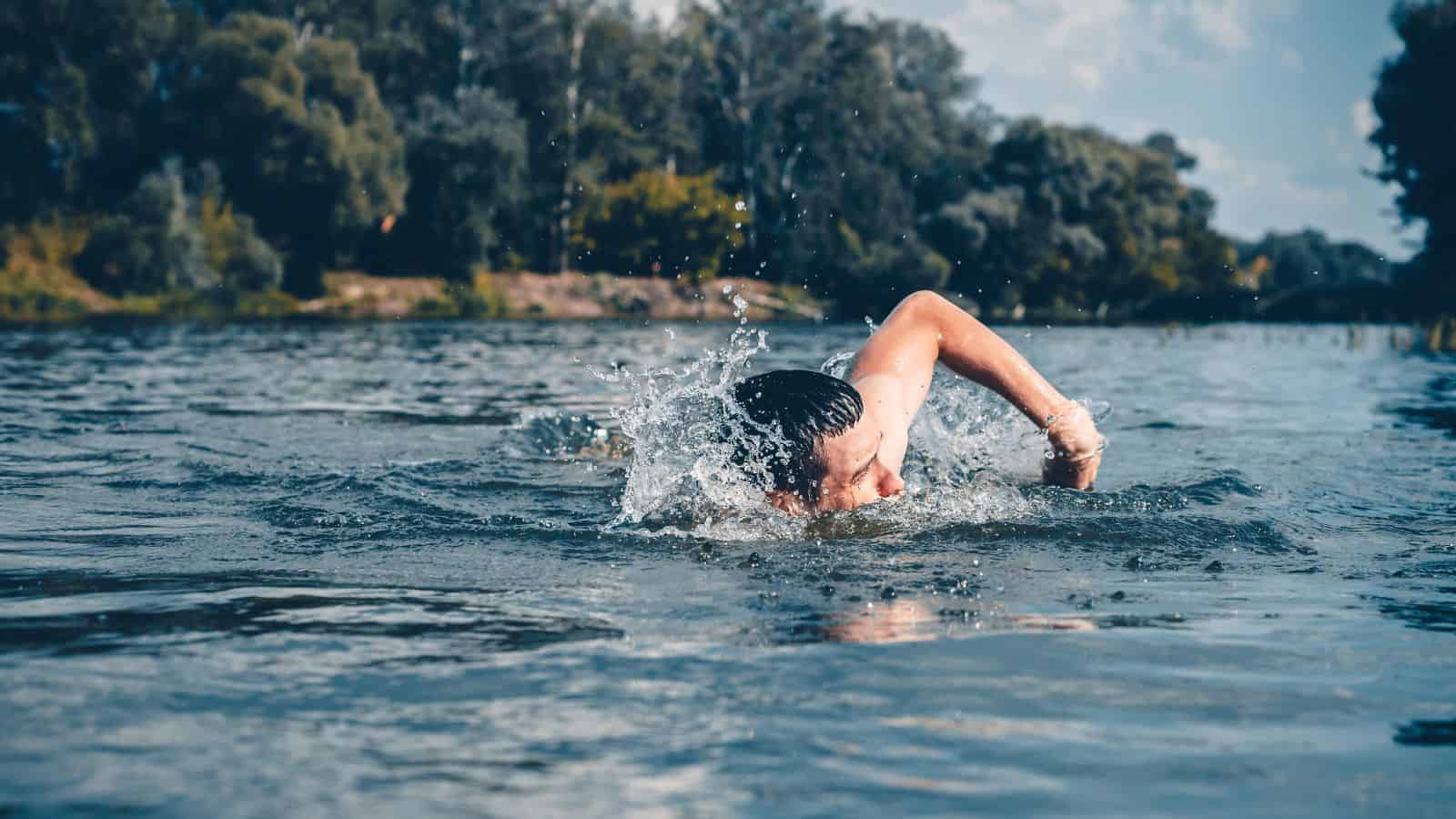
In the unfortunate situation that you get caught in a rip current, swimming parallel to the shore is usually recommended. However, if you’re too far out, it might tire you out. A better approach is to swim at an angle towards the shore, allowing you to escape the current more easily.
Rubbing Frostbitten Skin
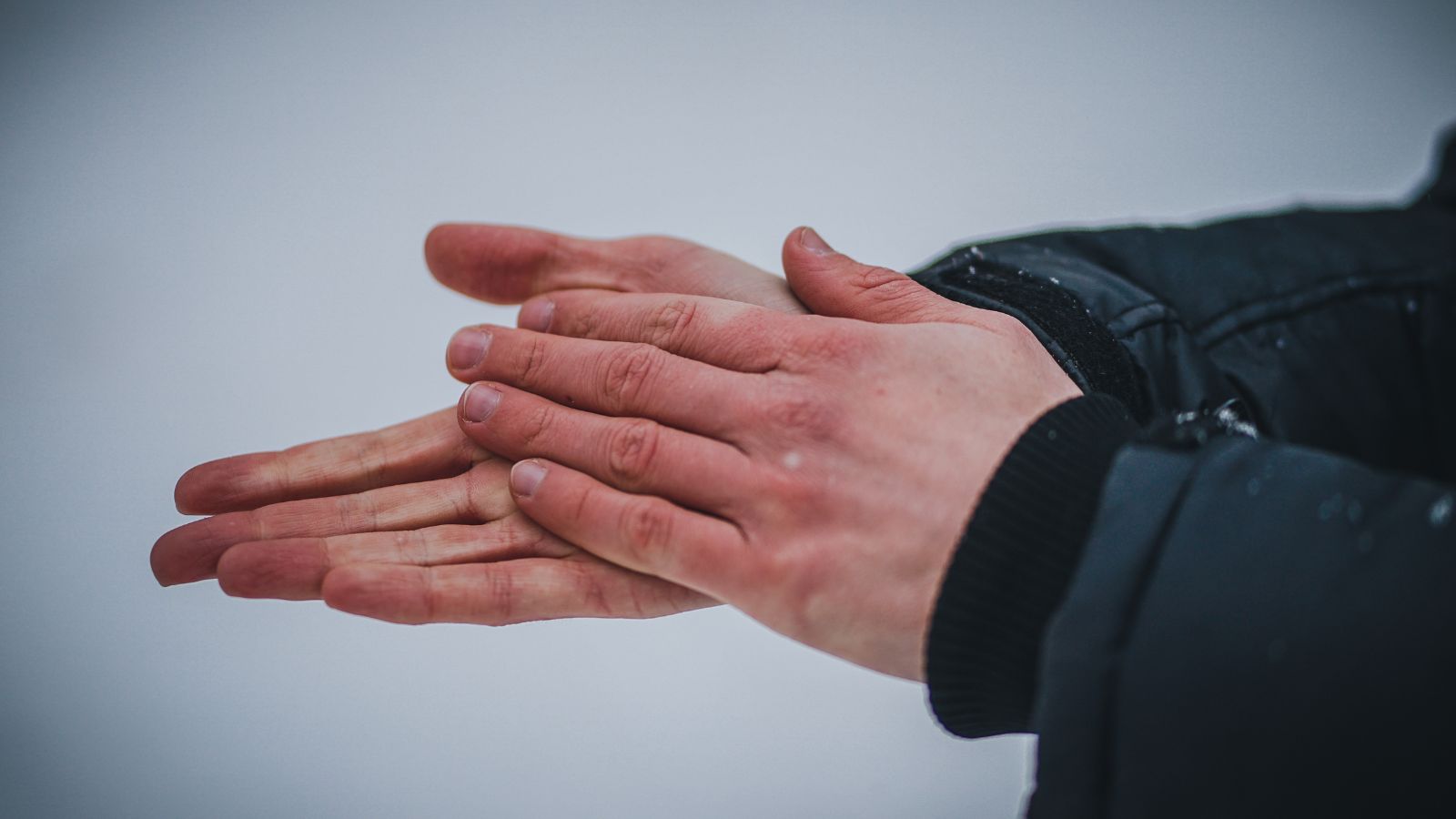
Something you may have heard before is that rubbing frostbitten skin is a good way to warm it up, but it can actually make things worse. A better way is to warm the area slowly in lukewarm water, which helps prevent further damage and feels safer.
Relying on a Single Firestarter
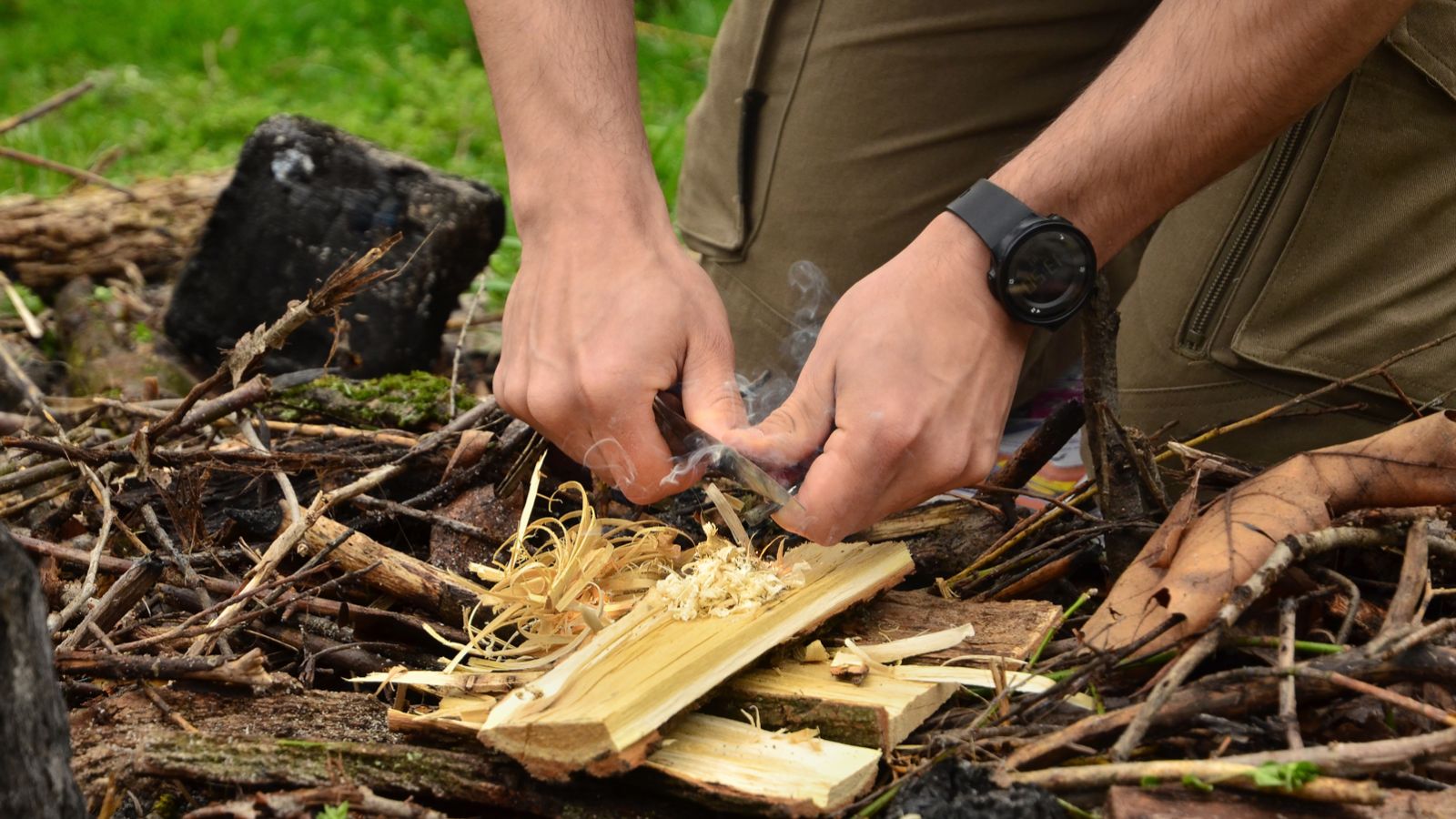
It should be common knowledge that relying on just one way to start a fire is risky. If it breaks or gets lost, you won’t have a way to make fire when needed. It’s better to have several options, like matches, a lighter, and a fire starter kit, to guarantee you can always ignite a fire.
Sucking Venom from Snake Bites
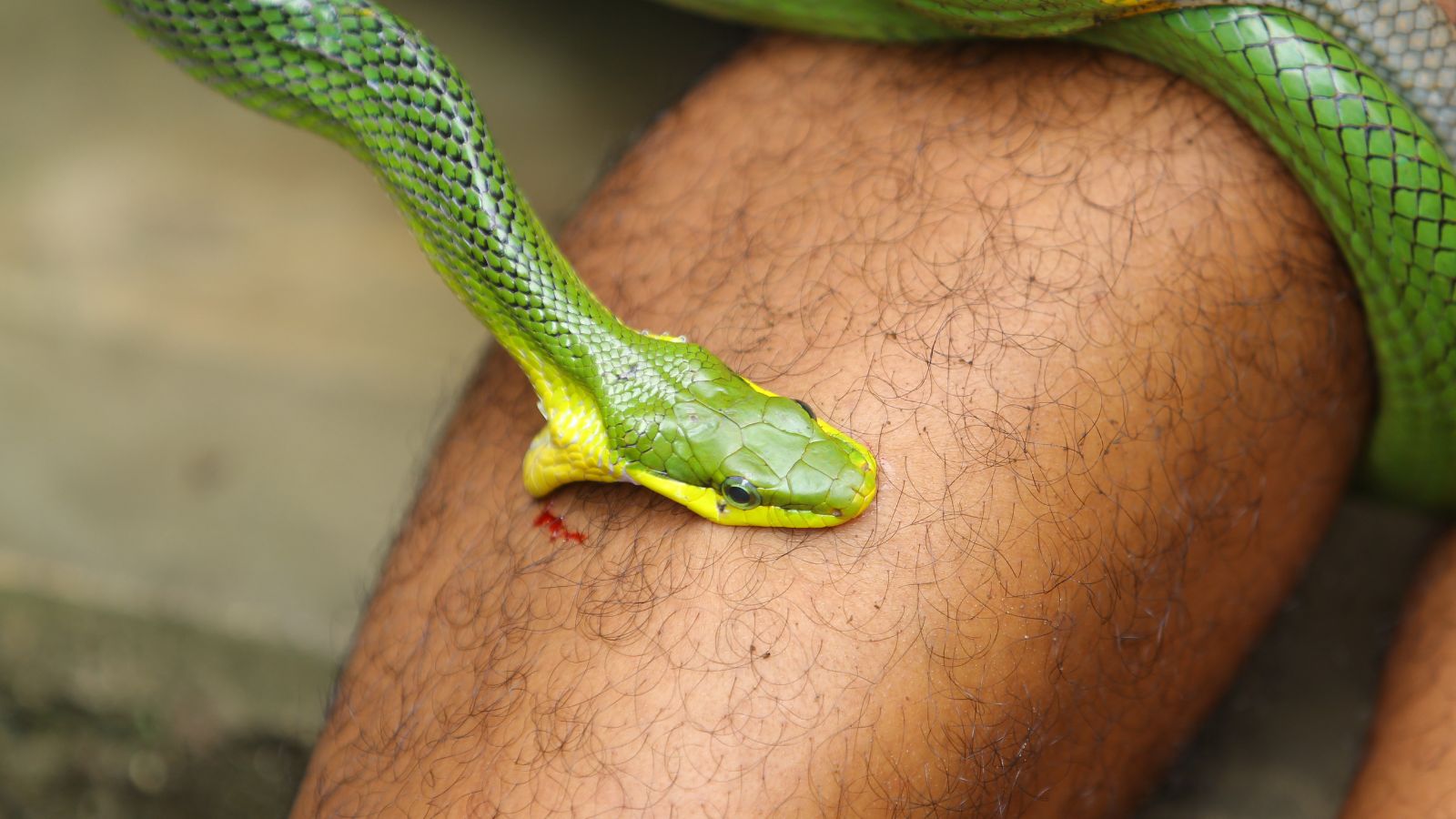
Never try to suck the venom out of a snake bite, as it doesn’t work and can actually make things worse by adding germs to the wound. It’s important to keep the bite below your heart and get medical help right away. Also, using a tourniquet can do more harm than good, so it’s best to avoid that too.
Following Birds to Water
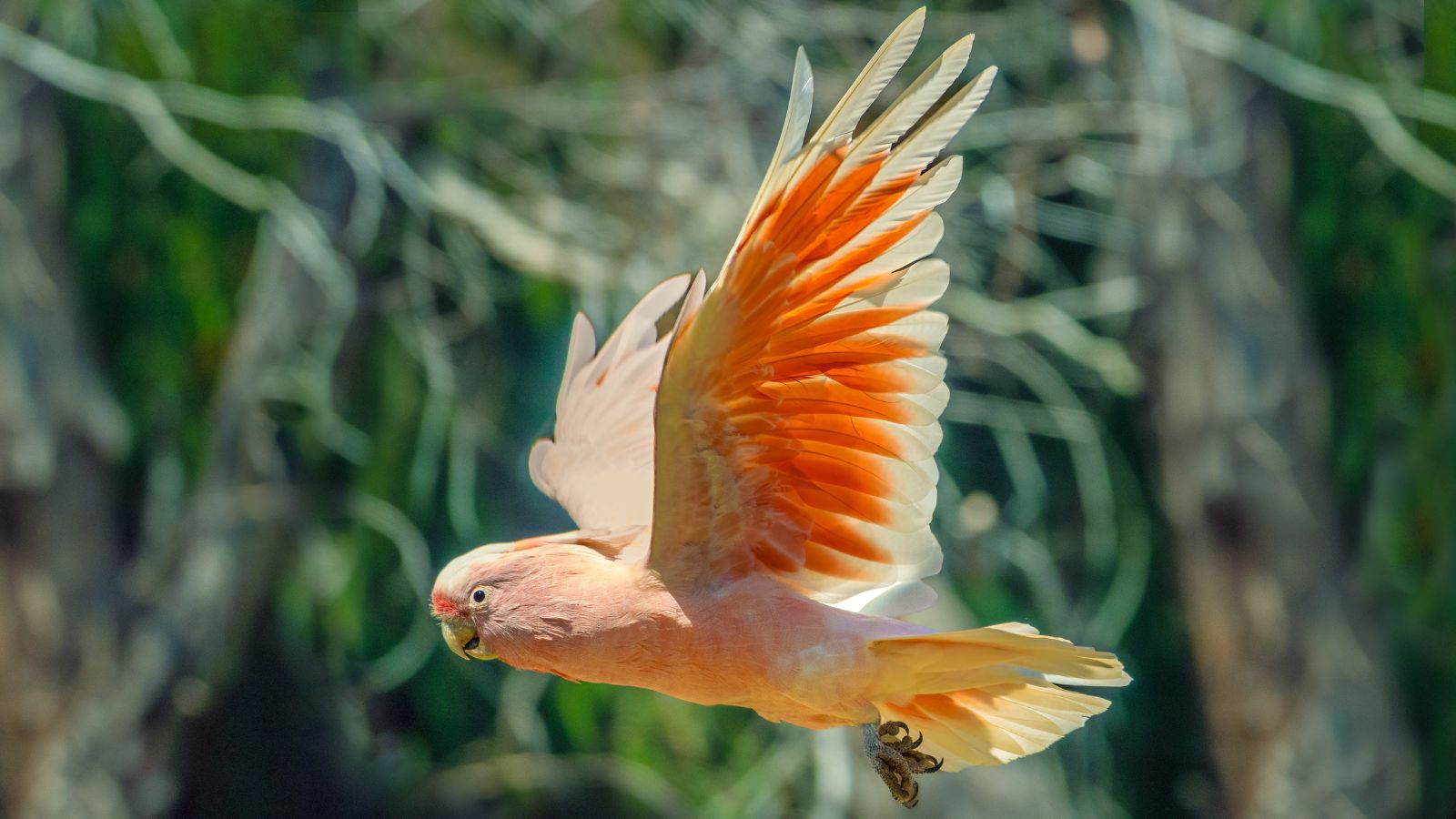
One thing to never do is rely on birds to find water, as this can be a tricky process. They might travel far and not land near drinkable water. While watching where they fly can give you clues, it’s not a sure thing, so always have another way to find water just in case.
Building a Shelter First
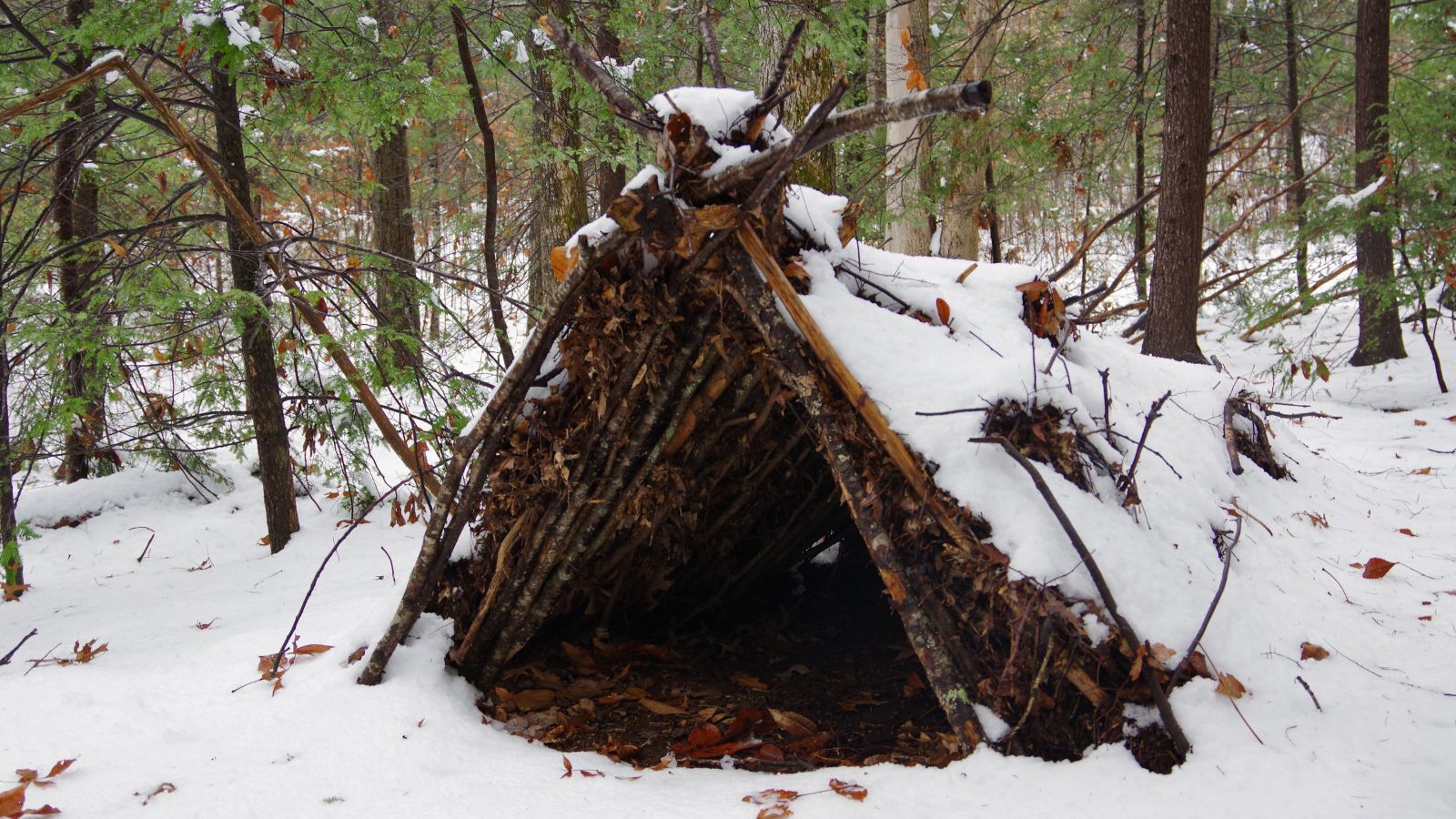
In some climates, it’s better to prioritize water and fire before building a shelter. Staying hydrated and warm is key to survival, especially in extreme temperatures. Once you have those essentials covered, then you can focus on constructing a shelter to keep you safe and comfortable.
Using Saltwater to Clean Wounds
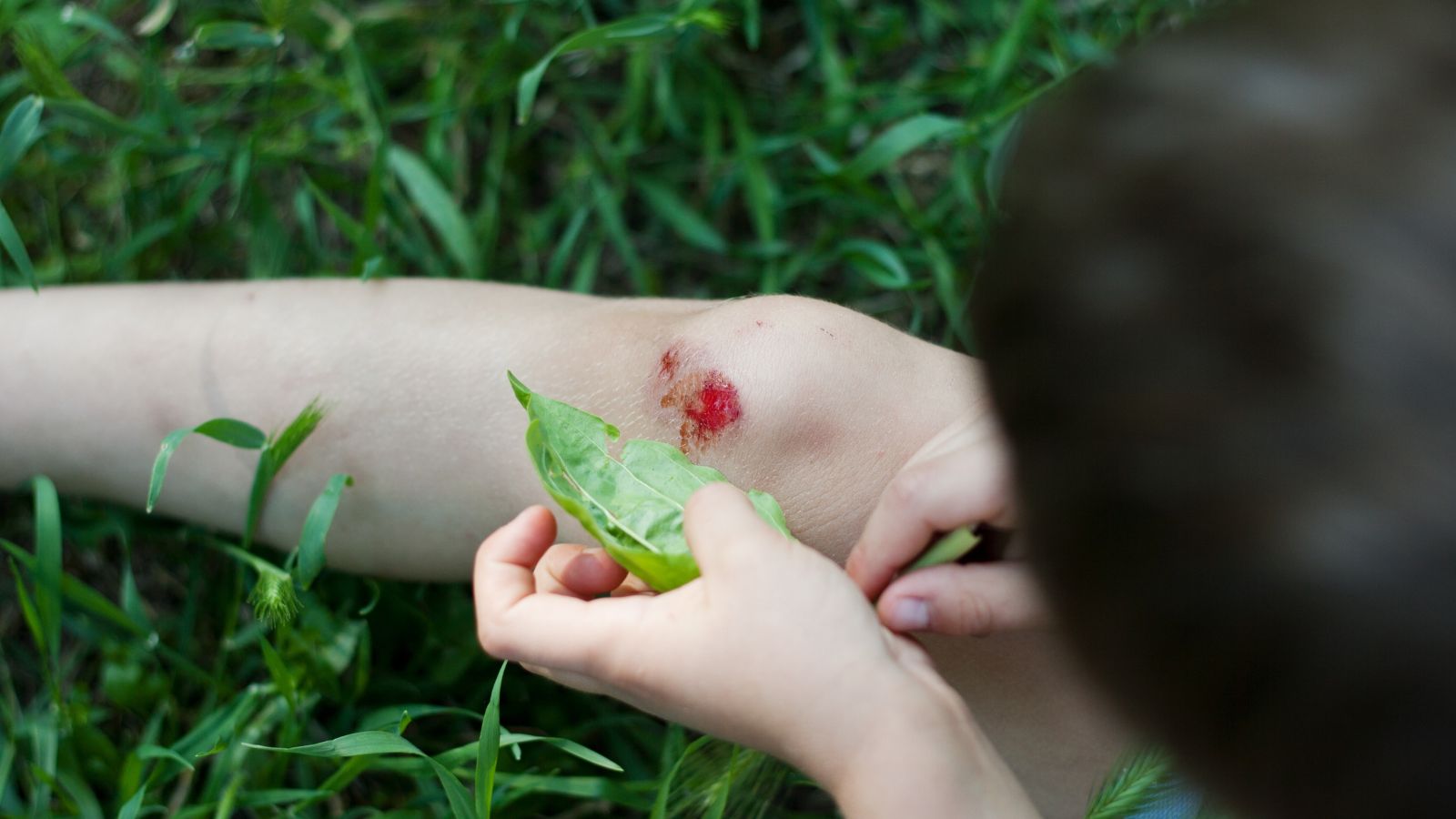
We’ve all been told at some point that cleaning wounds with salt water is a good idea due to its disinfectant properties. However, it can irritate and worsen the wound, so freshwater or sterilized solutions are better for wound cleaning to prevent further infection and complications.
Fishing for Food Immediately
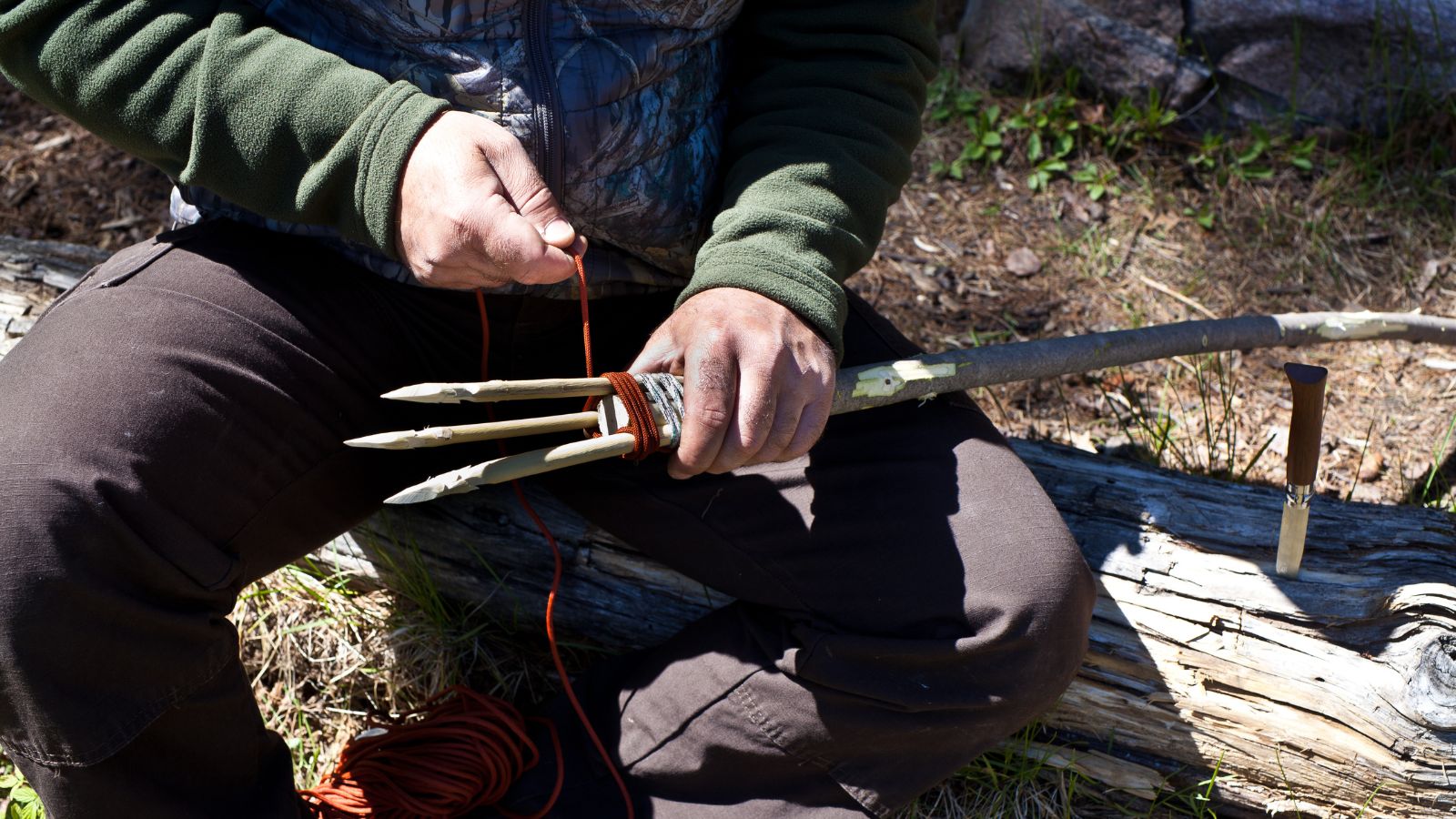
Did you know that trying to fish immediately upon realizing you’re lost can waste energy and time? Securing a safe location and ensuring you have water and shelter should come first. Once these essentials are in place, you can focus on catching food without compromising your safety.
Drinking from Any Natural Source
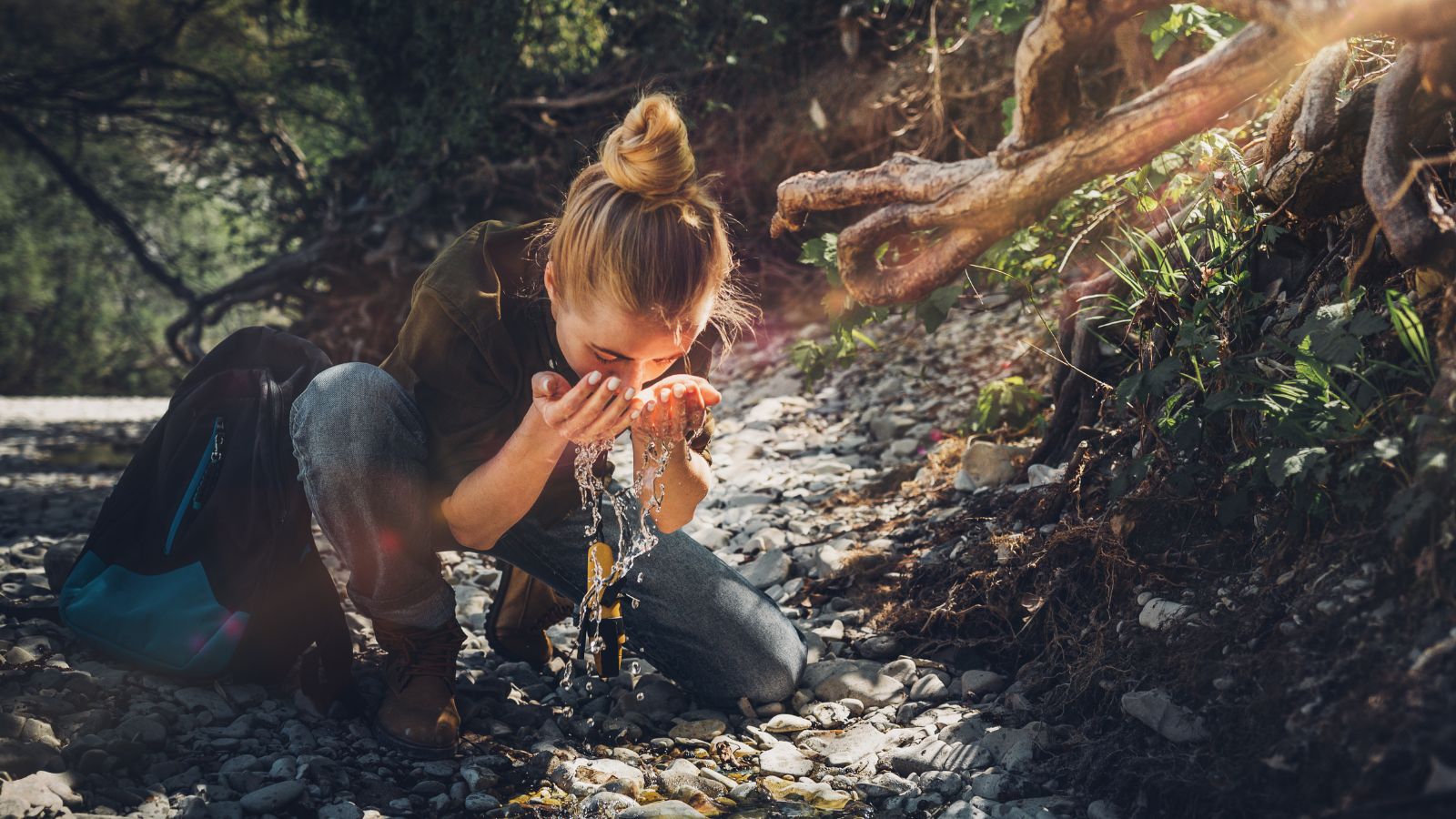
It’s important to remember that not all natural water sources are safe to drink from. Consuming untreated water can lead to severe illnesses caused by bacteria or parasites. Boiling water or using a reliable water purification method is critical to ensure it’s safe to drink and will not cause health issues.
Moving at Night to Avoid Heat

While you may avoid sunstroke, traveling at night to avoid the heat of the day can be dangerous due to poor visibility and increased risk of injury. Finding shade and conserving energy during the hottest parts of the day is a safer strategy. Traveling during cooler times, such as early morning, can be more effective.
Using a Signal Fire Without Precautions
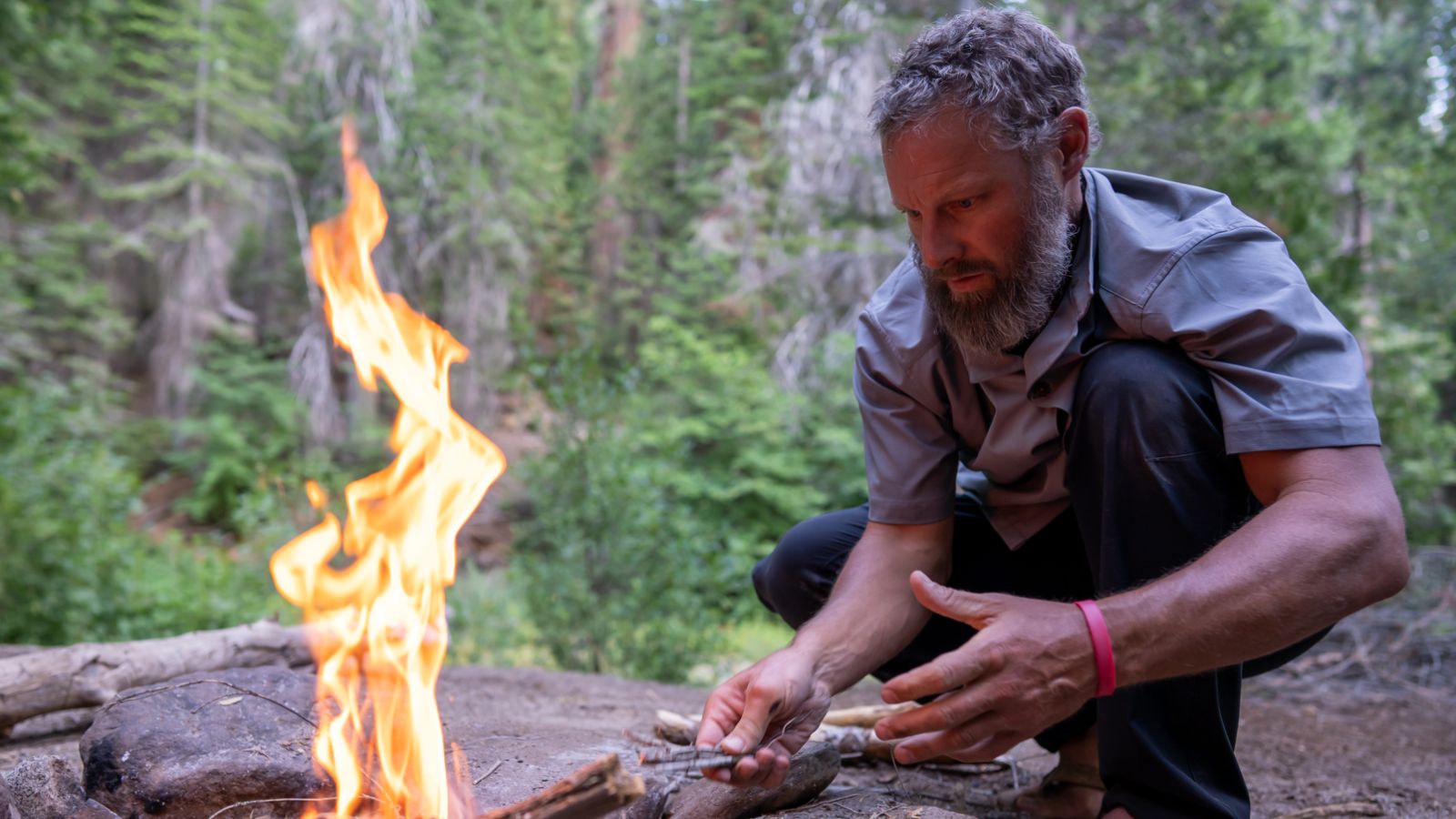
Always think before starting a signal fire, as it might not be necessary, and doing so without proper precautions can cause wildfires. Ensuring the fire is controlled and away from flammable materials is essential. Creating a safe perimeter around the fire can help prevent it from spreading uncontrollably.
Prioritizing Hunting Large Game
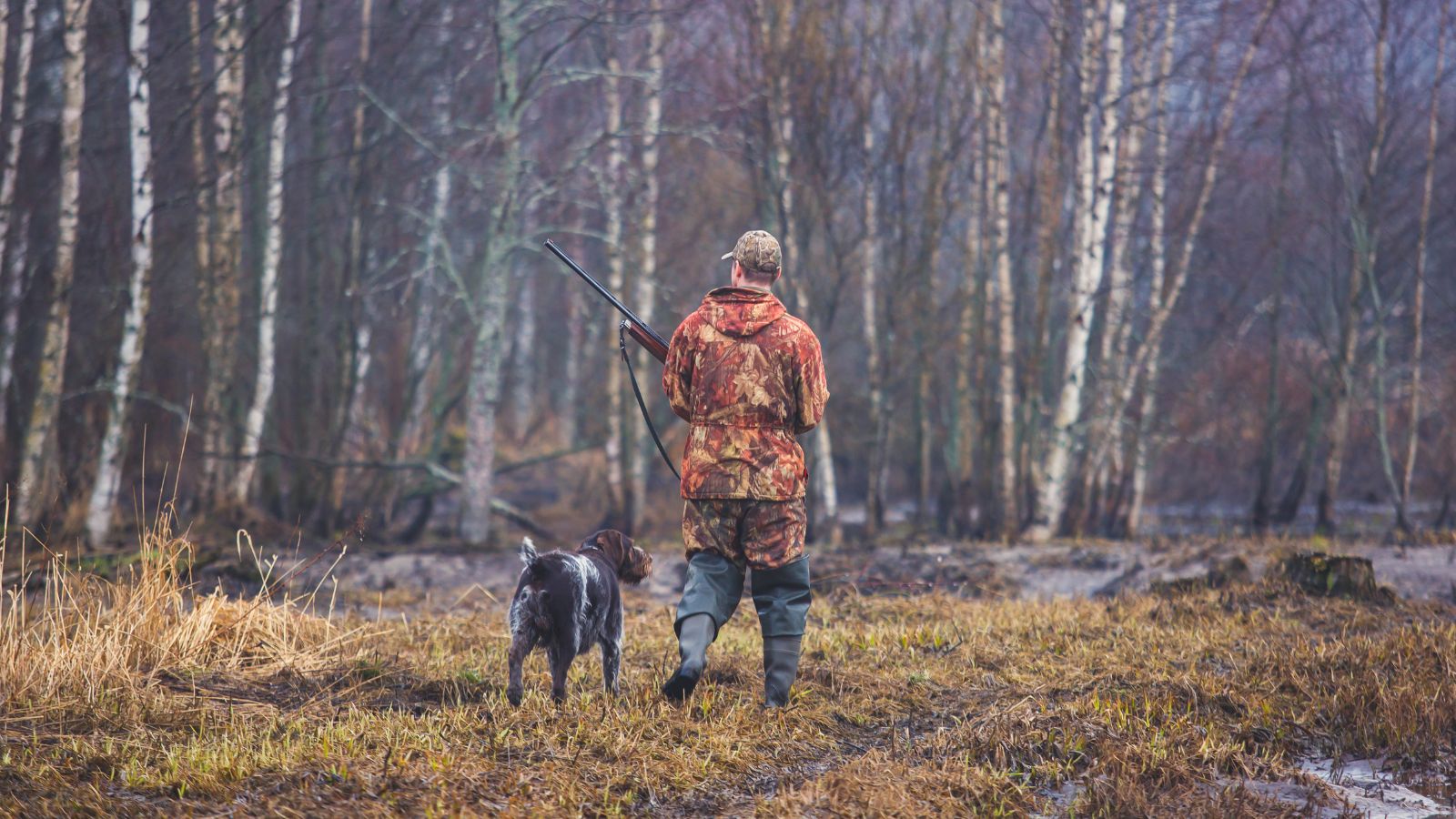
Many people are surprised to discover that focusing on hunting large game can waste valuable energy and time. Smaller game and edible plants are often easier to catch and provide sufficient nutrition. Setting traps and foraging for plants can be more efficient, allowing you to conserve energy and increase your chances of survival.
Venturing Too Far for Help
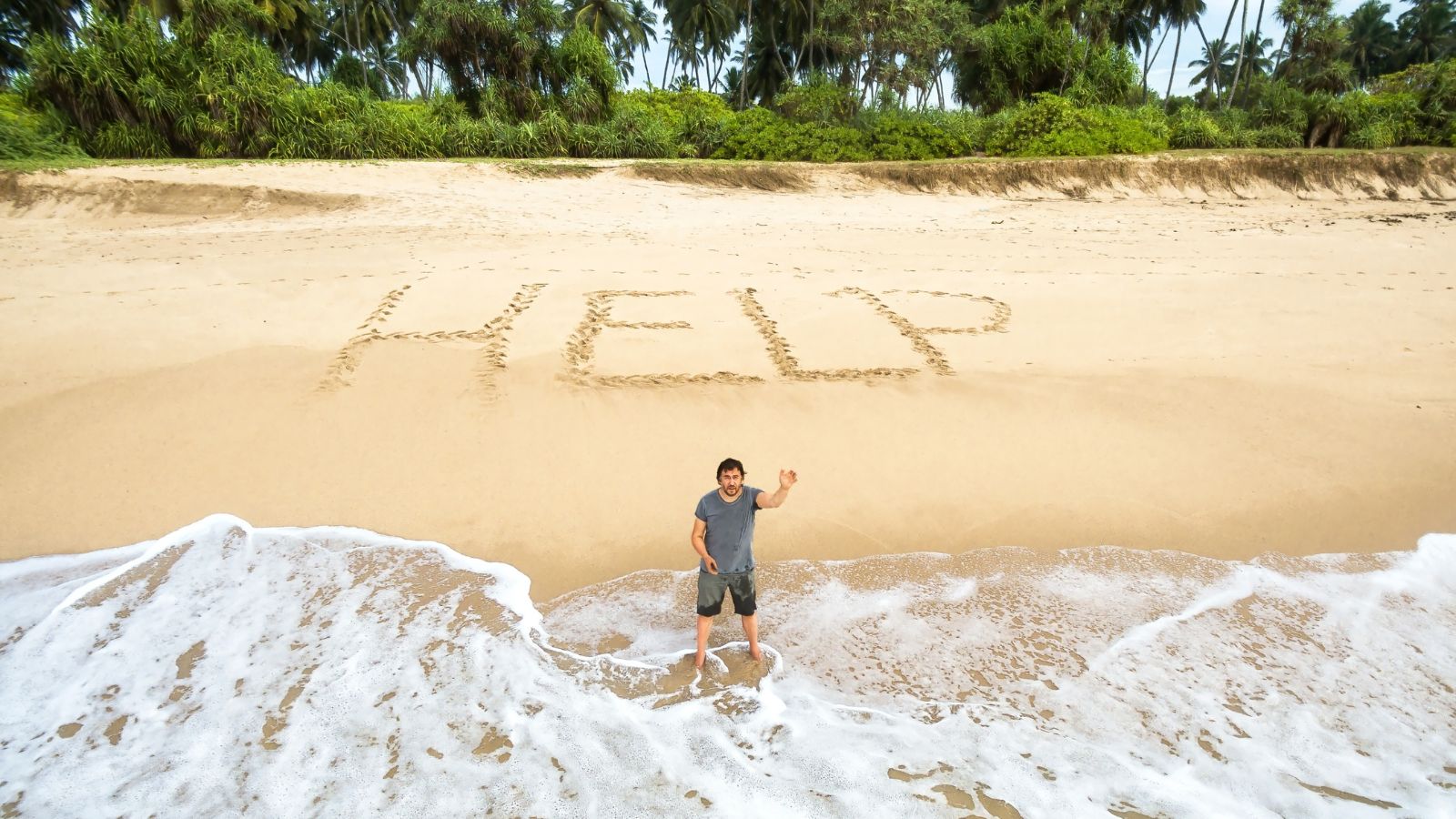
Make a mental note that traveling too far from your location to find help can result in getting more lost or injured. Instead, staying near a known location and signaling for help can be more effective. Marking your path if you need to move can help rescuers find you and prevent further disorientation.
Eating Unknown Plants

Just because it’s green and leafy doesn’t mean it’s edible. Consuming unknown plants can be extremely dangerous due to potential toxicity. Many plants look similar but can have vastly different effects. Researching and identifying safe edible plants beforehand or relying on known food sources is safer than risking poisoning from unknown vegetation.
Up Next: 20 Personal Things You Should Never Share With Others

Building meaningful connections with others requires a certain level of transparency and trust, but that doesn’t mean you have to tell your friends and family members everything! Some aspects of our lives are too personal, incriminating, or risky to share. This article explores 20 aspects of your personal life that you should always keep confidential.
20 Personal Things You Should Never Share With Others
18 Things Everyone Forgets to Include in Their Will—But Shouldn’t

Wills and estate plans are essential ways to ensure what will happen to your belongings and property when you die or are incapacitated. However, people often forget to include important information in their wills before it’s too late, complicating matters for their descendants. Here are the 18 common things people forget to include in their will.
18 Things Everyone Forgets to Include in Their Will—But Shouldn’t
18 Items at Walmart that Aren’t Worth Your Hard-Earned Money

For many of us, Walmart is the go-to superstore. Whether we need groceries, clothing, or technology, Walmart is a one-stop shop for everything you would need. However, there are some Walmart products you should avoid at all costs, such as the following 18 examples.
18 ITEMS AT WALMART THAT AREN’T WORTH YOUR HARD-EARNED MONEY
